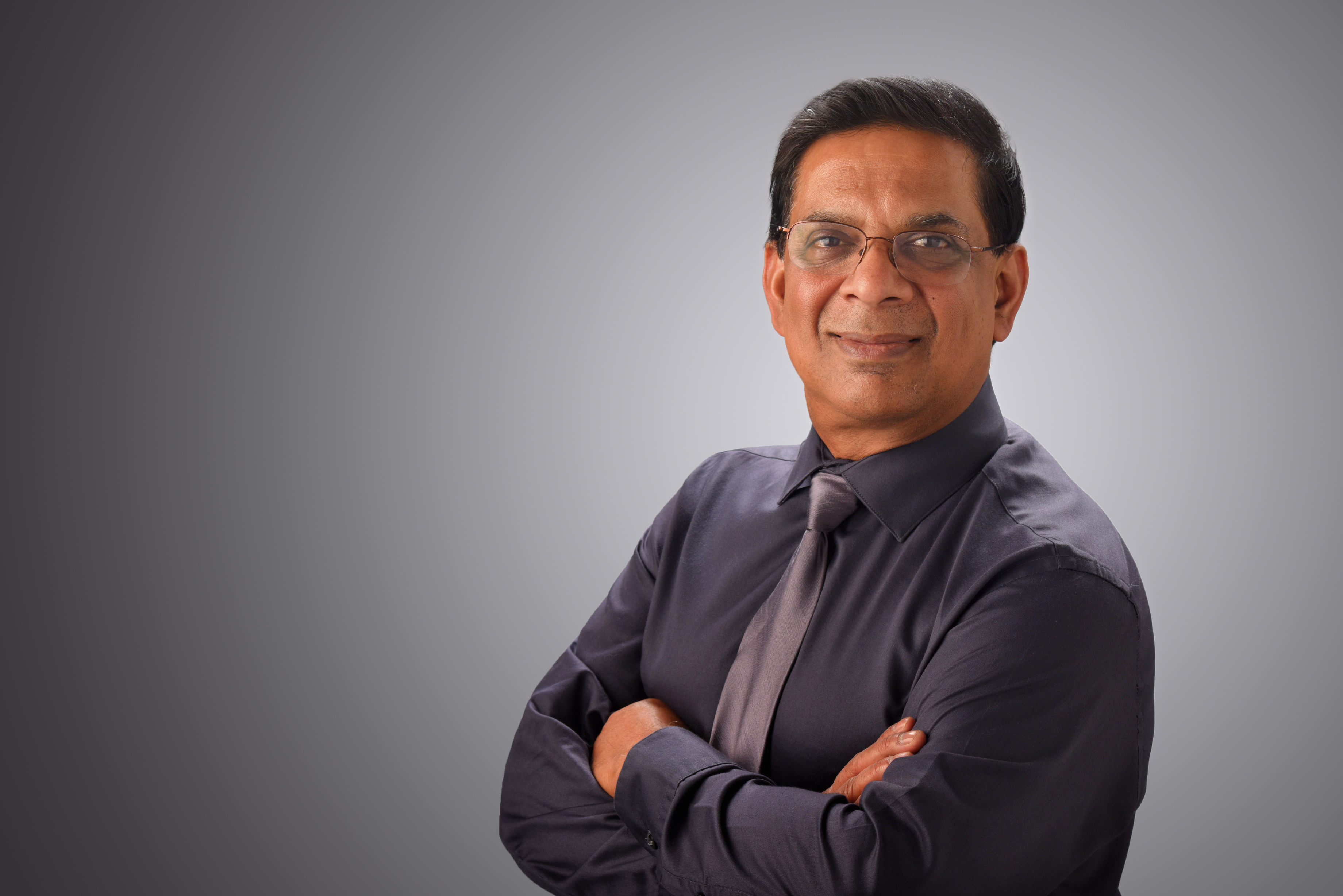While perusing the results of an internet search of “2019 tech trends” it was hard to miss the multitudinous quantum computing mentions.
Upon further research, I learned that it will mean massive advances in molecular biology, financial modeling, weather forecasting, artificial intelligence and more: it just may create the most prodigious fundamental change in the history of computing.
I recently sat down with Rajesh Kanungo, the VLAB event chair of “Quantum Computing: Technology Nirvana or Security Armageddon?” happening tonight at Stanford Faculty Club, to find out why he stepped up as a VLAB leader and where he thinks quantum computing will take us 20 years from now. He also discussed ways to improve our schools and his love of salsa and volunteering to help animals. Here’s what he said during our chat at Big Basin Cafe in Saratoga, Calif., which is fast becoming a hip hangout for Silicon Valley’s start-up stars.
Michelle: What was your first VLAB experience and how’d you become interested in the panel topic?
Rajesh: My first VLAB experience was at a pre-panel booth showcasing my company’s internet of things security product for automobiles. When I found out about the high interest in a quantum computing panel, I stepped up to chair it. Long ago I learned that quantum computing may be a huge security threat some day. It will be able to break through cryptography. This is quite worrisome.
Michelle: Where do you see quantum computing taking us 20 years from now?
Rajesh: Classic computing capabilities are limited. At the risk of oversimplifying, I’ll say that quantum computing blurs the line between the digital world’s 0s and 1s. Advances will mean the potential for collosol change in many industries. Take healthcare and drug discovery. Right now concocting new drugs to cure diseases is almost randomly done. I liken it to shooting an arrow while blindfolded. Quantum computing, which is still in its infancy should dramatically help with molecular modeling for biology. It will mean immense cause and effect discoveries.
Michelle: Is the United States leading the world in its quantum computing development efforts?
Rajesh: The U.S. is among the few leading the efforts in quantum computing: others include China and Canada. Our teachers need to celebrate and promote more critical thinking skills in subjects like math and physics in order for the U.S. to forge even further ahead.
Michelle: What do you do when you are not chairing VLAB panels?
Rajesh: Building security into devices can be extremely expensive, time-consuming and talent-intensive. I’m a CEO in the IoT security business: my company Talasecure alleviates these problems. During my free time, I volunteer at the Silicon Valley Humane Society helping dogs. I have a dachshund. I also like running, hiking and salsa dancing.
Michelle: What’s your philosophy of work and/or life?
Rajesh: Here are two of my mantras. First, I’ll probably never retire. I don’t want to shut off my brain. Second, make the world a better place, which I am doing with my startup; we make things safer.
The November 15th panel will be moderated by Brady Forrest, guest lecturer, Singularity University. Its panelists include Alexei Marchenkov, CEO of Bleximo and Hratch Achadjian of Google and others.
Buy tickets here: https://vlab.org/events/quantum-computing/
###
VLAB Blogger Michelle McIntyre who wrote this story runs a tech PR consulting firm. Follow her on Twitter @FromMichelle. Also follow VLAB @VLAB.
